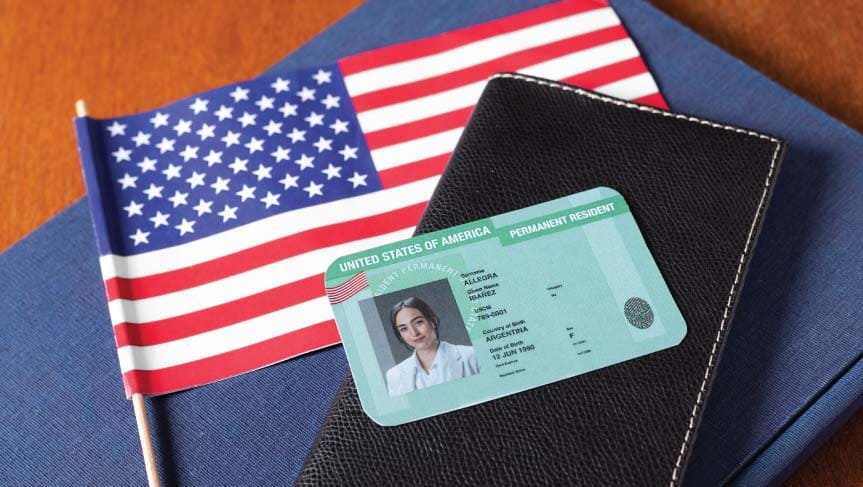1)Tuberculosis
Checking for any communicable diseases forms an important part of the Immigration Medical Examination, an exam that is conducted by USCIS-approved Civil Surgeons. Here are some frequently asked questions on tuberculosis that we answer here.
Q: How long are TST/IGRA and chest X-ray results valid after they are obtained by the civil surgeon?
A: As the immigration medical examination is intended to be used as a preview or “snapshot” of the applicant’s medical status it would be prudent to ensure that any TST/IGRA and chest X-ray results of the applicant must be closely related in time to the physical examination and laboratory results.
Q: Can the civil surgeon accept TST or IGRA results submitted by an outside doctor’s office and taken prior to the date of the immigration medical examination, in lieu of performing the TST or IGRA himself?
A: The USCIS Surgeon should not accept the results of TST or IGRA tests taken many days or months prior to the USCIS examination date. This is because the Civil Surgeon must verify for himself that the person applying for immigration benefits is the person who is appearing for the immigration exam (including any required tests such as the TST).
However, there are exceptions to this. A tuberculosis test maybe accepted for a positive TST or IGRA result, based on an exception outlined in the TB TIs and updates.
When should an applicant be classified with latent TB infection (LTBI)?
A: An applicant can be classified with latent TB infection, provided the applicant:
- Has recently arrived in the US (he or she should have arrived within the last 5 years), and if he or she has arrived at the US from countries that have high TB prevalence.
- Has a TST reaction of 10mm or greater of induration, AND
- Has no evidence of TB disease.
- The treatment for Latent TB infection is recommended, but it is not required.

